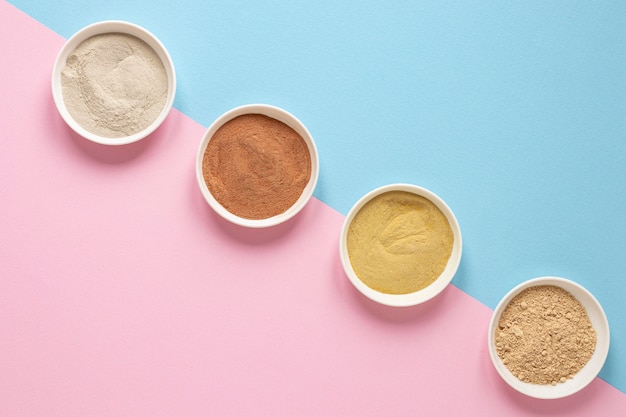For runners balancing intense training with work and personal life, recovery is just as important as the miles logged. One key factor often overlooked? Sleep quality. And surprisingly, your choice of protein—plant or whey—may play a significant role in how well you sleep and recover.
This article dives into the science behind plant protein and whey protein, specifically focusing on their impact on sleep, muscle repair, and overall wellness for runners. Plus, we’ll provide actionable steps to improve your sleep with clear progress checks—designed to fit seamlessly into a busy lifestyle.
Protein isn’t just for building muscle. It also influences neurotransmitters that regulate sleep. Tryptophan, an amino acid found in protein, is a precursor to serotonin and melatonin—hormones essential for sleep onset and quality.
Recent research suggests that plant-based protein sources may support better sleep quality compared to animal-based proteins like meat and dairy. While whey protein is rich in essential amino acids, including branched-chain amino acids (BCAAs) that support muscle recovery, some studies indicate that high intake of animal protein, especially late in the day, may disrupt sleep patterns.
Plant proteins—such as those from peas, rice, hemp, and soy—often contain fiber, antioxidants, and complex carbohydrates. These components may promote gut health and stabilize blood sugar, both of which are linked to improved sleep.
A study highlighted in Medical News Today found that individuals consuming more plant protein reported better sleep quality, while higher meat protein intake was associated with more fragmented sleep. This could be due to inflammatory compounds or saturated fats in animal proteins that affect circadian rhythms.
For runners, plant protein powders can be a gentler option—especially for those with lactose intolerance or dairy sensitivities. They’re also more sustainable and align with ethical consumption, making them a strong long-term choice.

Whey protein is a fast-digesting dairy-based protein rich in leucine, which triggers muscle protein synthesis. This makes it a favorite post-run recovery supplement. It’s been extensively studied and proven effective for building strength and reducing soreness.
However, whey contains lactose and may cause digestive discomfort in some individuals. Additionally, consuming whey late at night—especially in large amounts—could lead to indigestion or mild inflammation, potentially interfering with deep sleep stages.
If you tolerate dairy well, whey can still be part of a sleep-supportive routine—just time it wisely. Consuming it 2–3 hours before bedtime may allow for full digestion, reducing the risk of sleep disruption.
While both proteins support recovery, plant protein may have an edge when it comes to sleep quality. Its anti-inflammatory properties, combined with sleep-supportive nutrients like magnesium and zinc (common in pumpkin seed or hemp protein), make it a strong candidate for evening use.
For optimal results, consider a hybrid approach: whey post-run for fast recovery, and plant protein in the evening to support sleep and overnight repair.
Here’s a practical, runner-friendly plan to improve sleep using protein strategically:
For runners juggling training, career, and personal life, small, consistent choices make a big difference. Your protein source isn’t just about muscle—it’s about recovery, sleep, and long-term wellness.
While whey excels in rapid recovery, plant protein may offer superior benefits for sleep quality and digestive comfort. By aligning your protein intake with your body’s daily rhythms and personal goals, you can enhance both performance and rest—without sacrificing balance.
Start with one change—like switching your evening shake—and track the results. Over time, these small steps lead to deeper sleep, faster recovery, and a healthier, more resilient you.

Wellness

Wellness

Wellness

Wellness

Fitness

Wellness

Fitness

Wellness

Fitness

Fitness

Wellness

Fitness

Health

Fitness

Health

Health